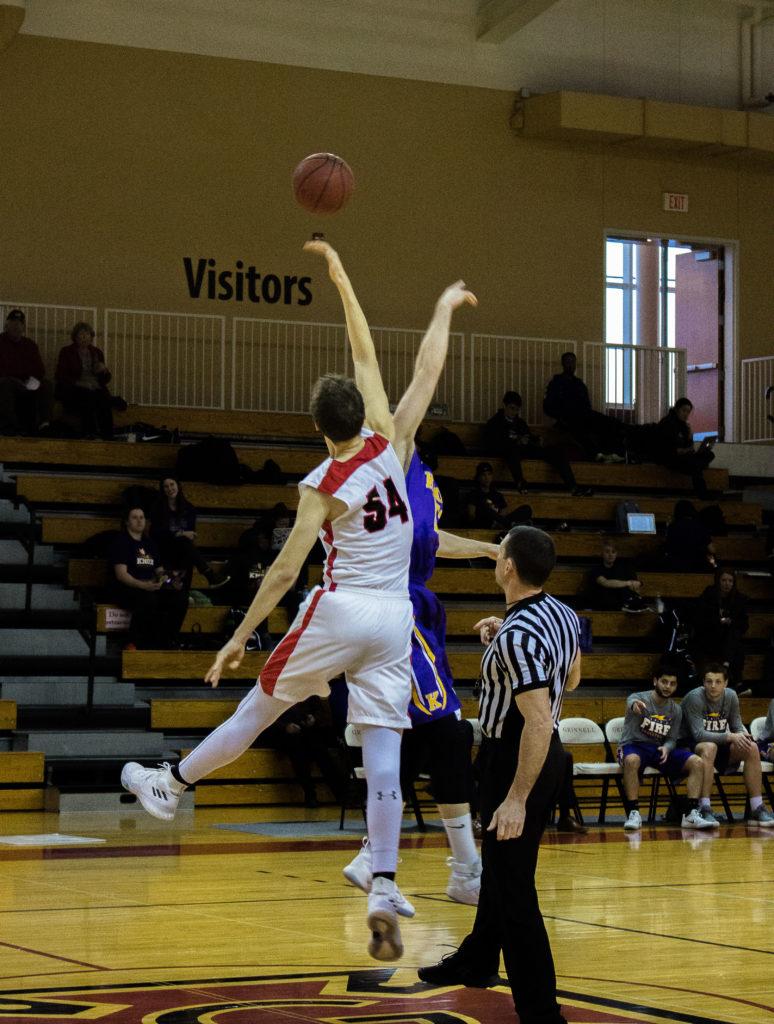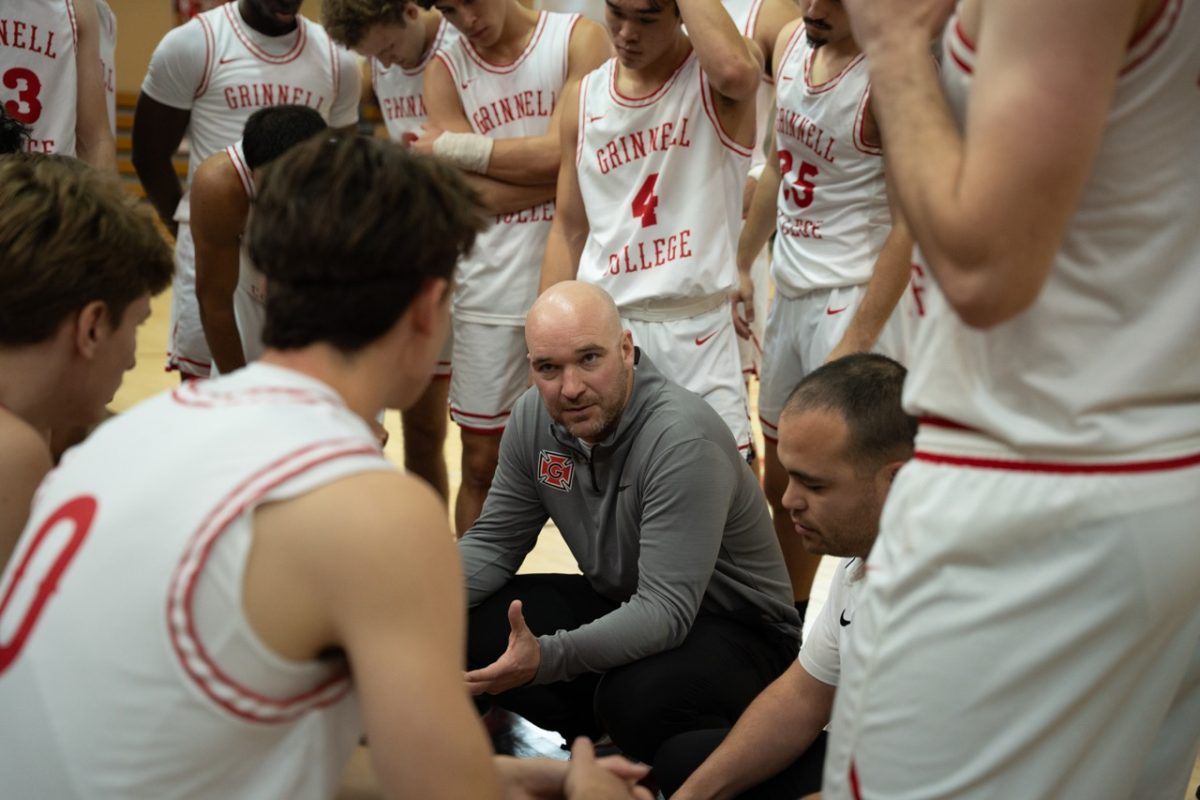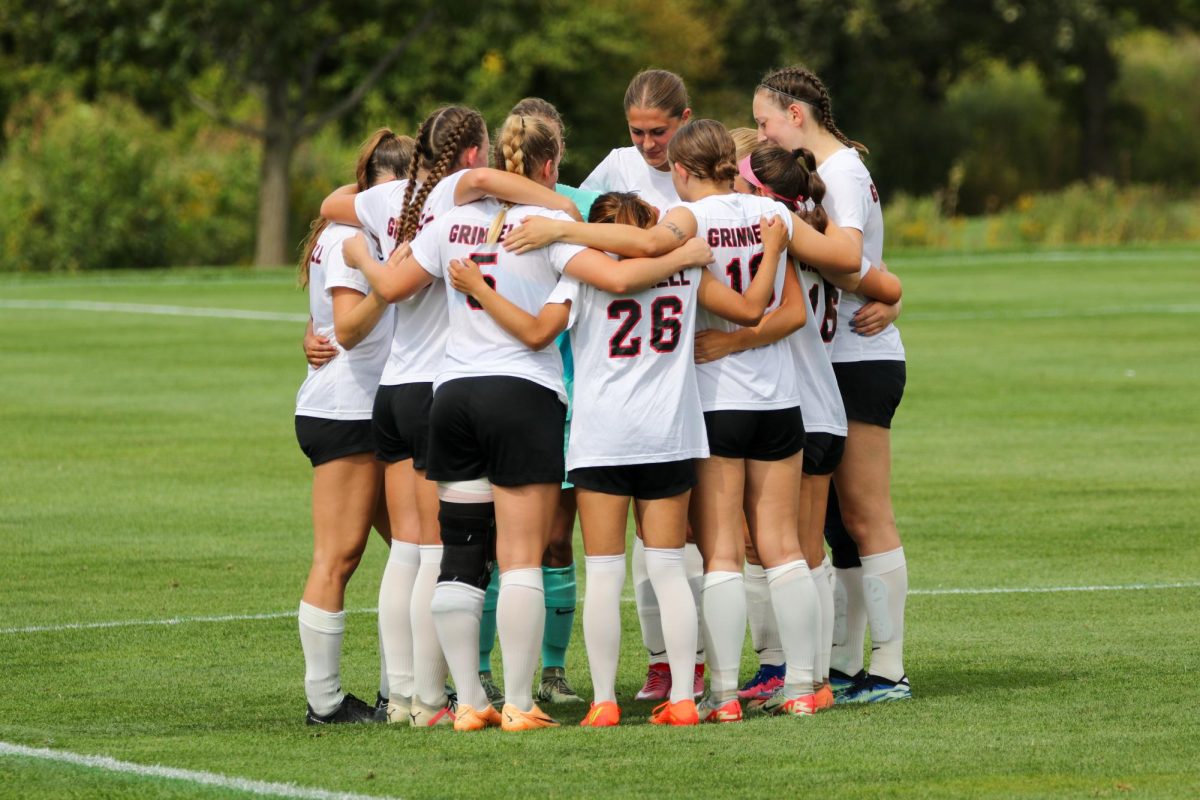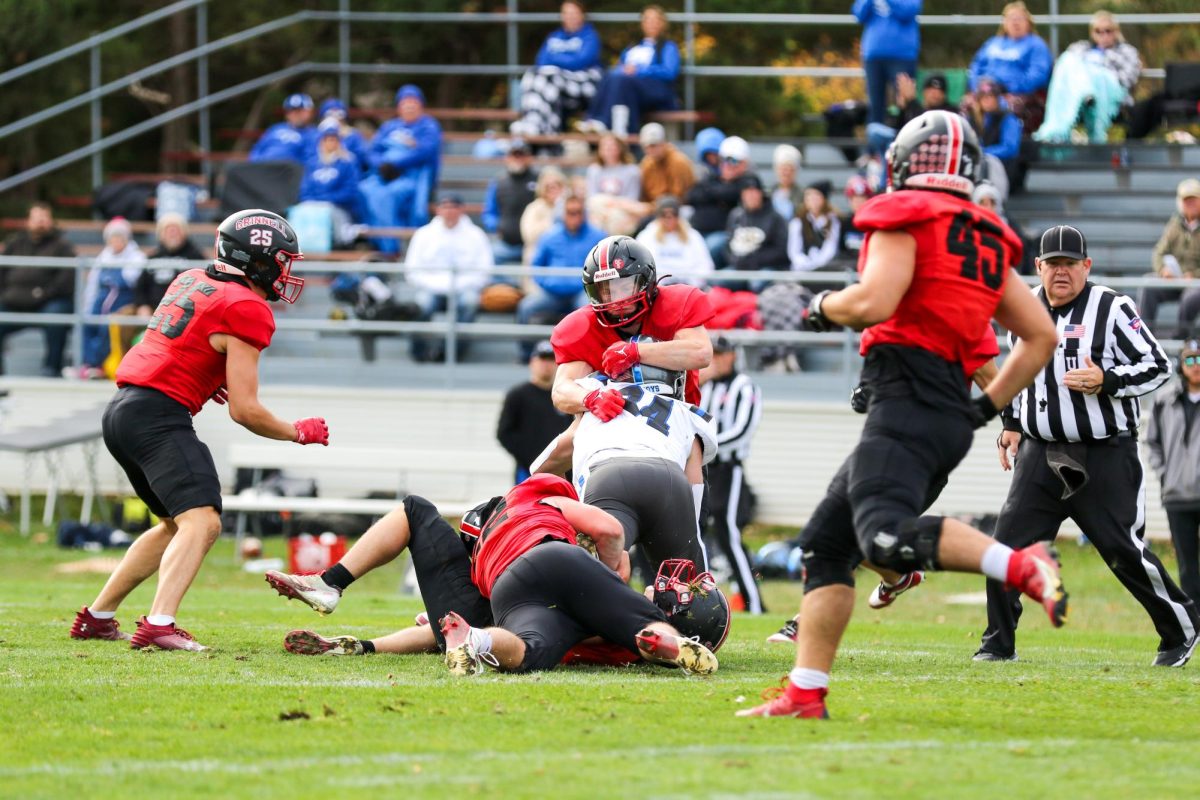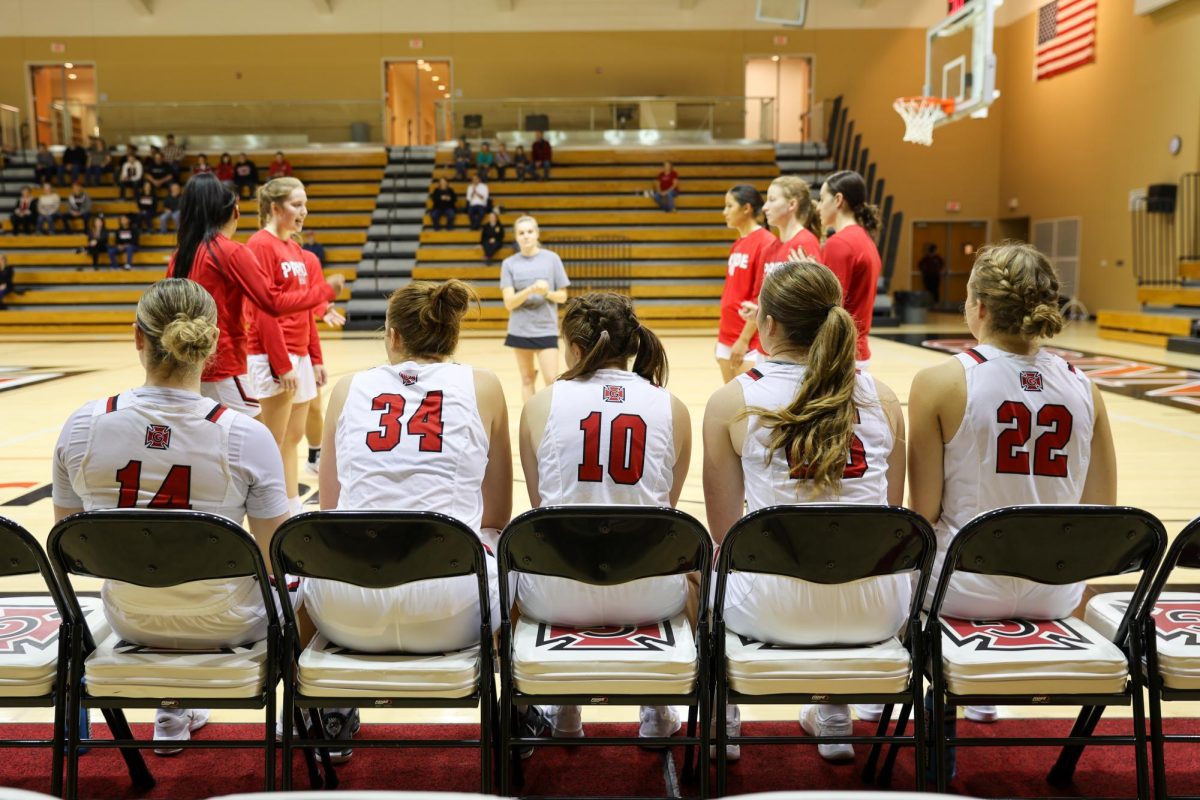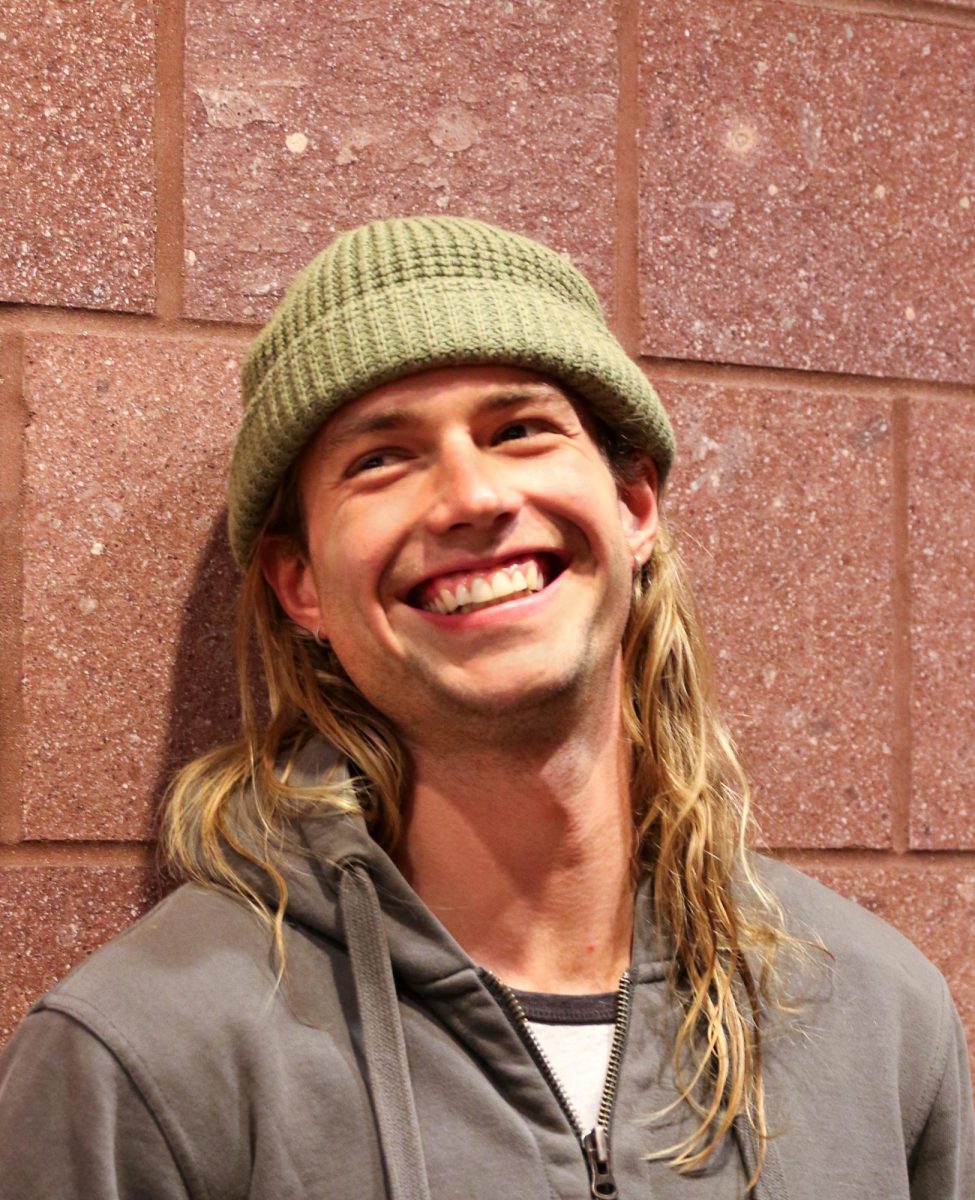About a year and a half ago, while I was filling out what seemed like an endless stream of college applications, I kept encountering the same question: tell us about something you love and why you love it.
Well, the two things I love most in this world (besides my family, my girlfriend and big cookies from the Grill) are writing and sports, so naturally I usually wrote about my experiences playing high-level high school soccer and tennis.
On my applications I would talk about how important it was to be a part of a team, how playing sports helped me grow into a quiet but confident leader, and how much fun I had just being outside with my friends. Clichés? Absolutely. But they were the truth.
Another truth is that for most of my life sports have been a refuge from anxiety or academic pressure; playing and watching them is an insular and self-protective experience. I came to Grinnell this year expecting to play on the soccer team and, when I realized early on that it would not be an enjoyable path for me to follow, I was dismayed to lose an important part of my identity. Who was I if I wasn’t a student and an athlete? What did sports mean to me anymore if I no longer chose to play them on a competitive basis?
When The S&B approached me about writing a sports column I was excited for sports to be back in my life. However, upon the publication of this, my twentieth and final column of the year, I realize that my relationship with sports has changed, and I think (and hope) it is for the better.
Sports are no longer a distraction or a hobby. Instead, they are a language. More specifically, I view the American sports landscape as an under-explored and deeply rich cultural text, a kind of interdisciplinary form of academic discourse. Sports allow me to think about issues of inequality, accessibility, oppression and discrimination. Sports are reflective of and shaped by societal will, often that which is wielded by those with the most privilege and power. Sports are inherently political and have always been inherently political.
The following are a few examples of the ways in which sports and society intertwine: management structures in major American sports are dominated by rich white dudes; when accounting for the amount of revenue generated by star players, most high-profile American athletes are massively underpaid; female athletes face wage and gender discrimination despite their proven talents; the whole sports world was quick to collectively pat itself on the back when they rebuked Donald Trump’s “locker room” comments, but that doesn’t change the fact that locker rooms are still destructively liminal spaces which often perpetuate hurtful ideologies and stereotypes; and college athletes are basically free labor in a capitalist economy.
That is not to say that any of these problems are easily addressed. In fact, I actually think the majority of these issues are much more nuanced than they are portrayed to be in the contemporary media, whether you lean left or right or somewhere in the middle. But they are certainly important to think about.
I despise name-calling and labelling. I think it undermines an argument, alienates an audience and generally indicates a lack of thoughtfulness. However, I am comfortable making the following statement: anyone who tells you that sports issues are divorced from societal issues just plain-old is not paying attention.
In an era where consciousness is the best path towards positive change, such ignorance cannot go without notice.



















































